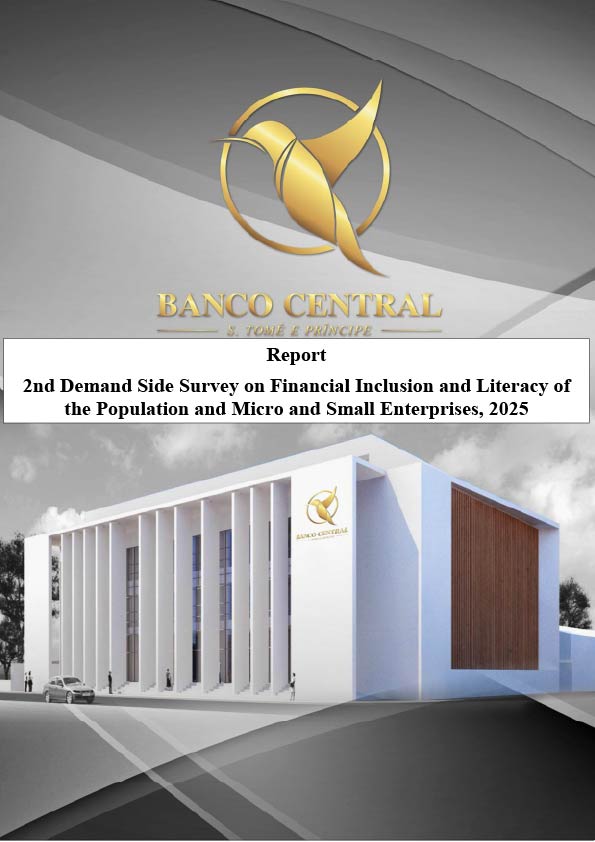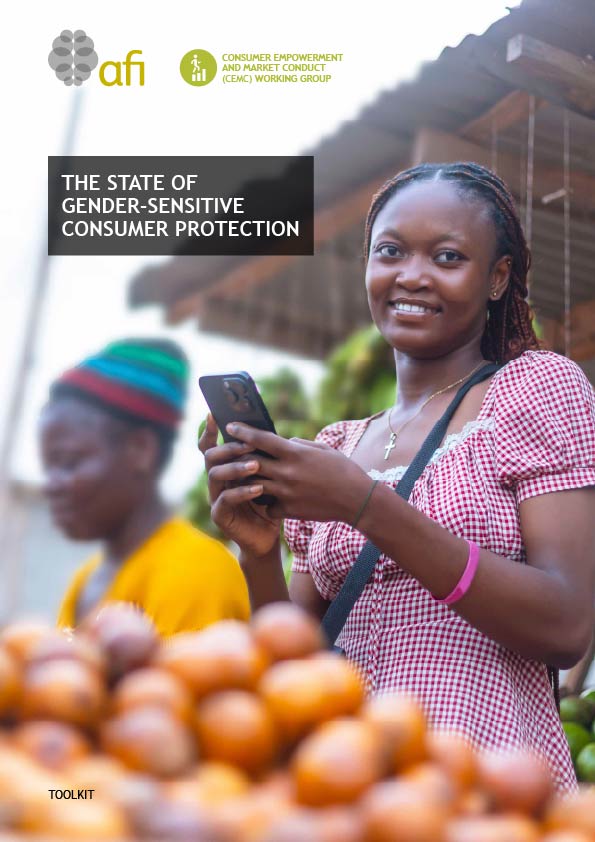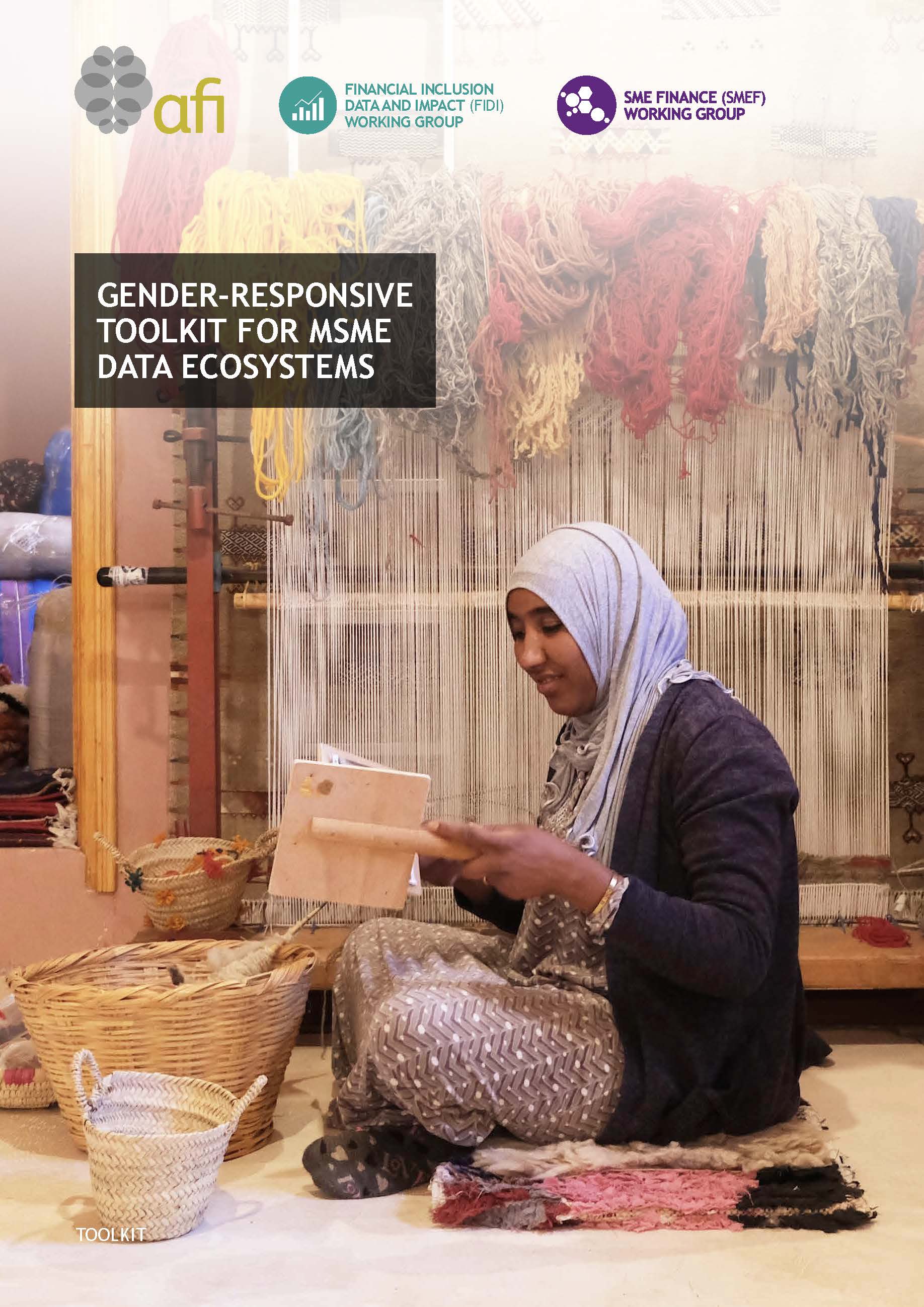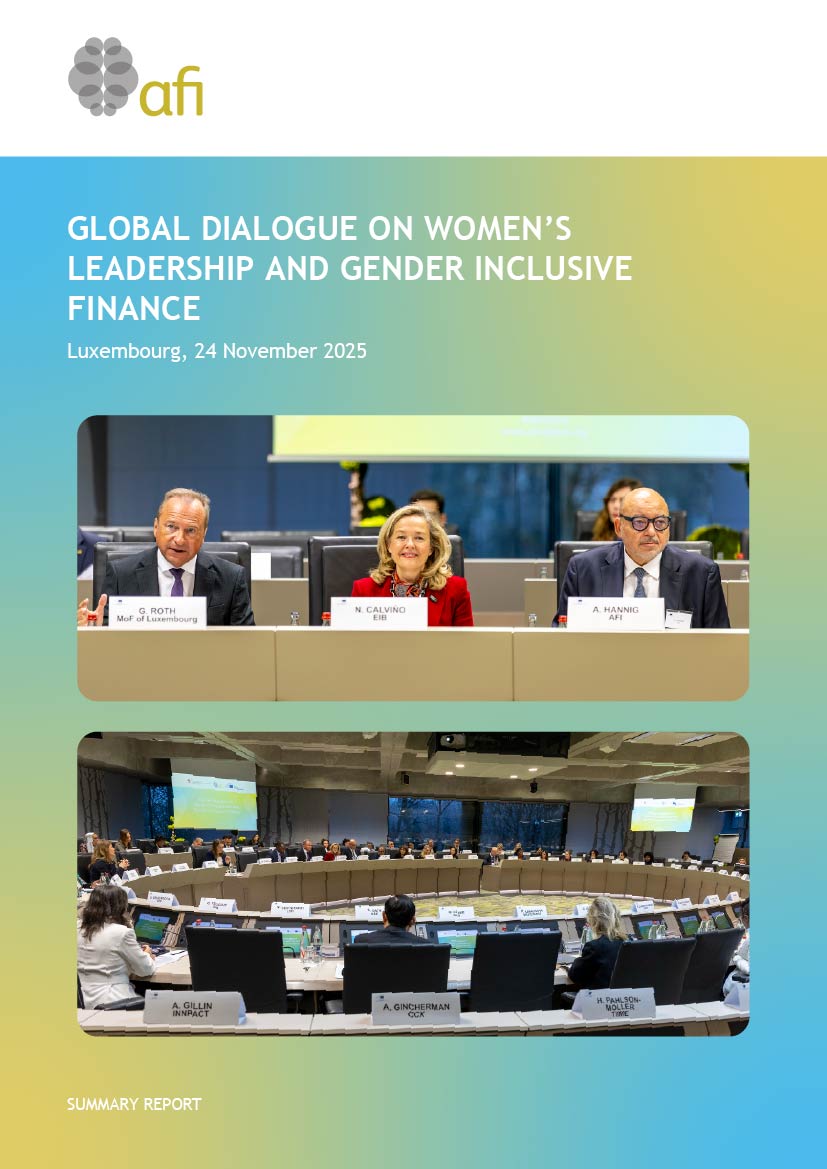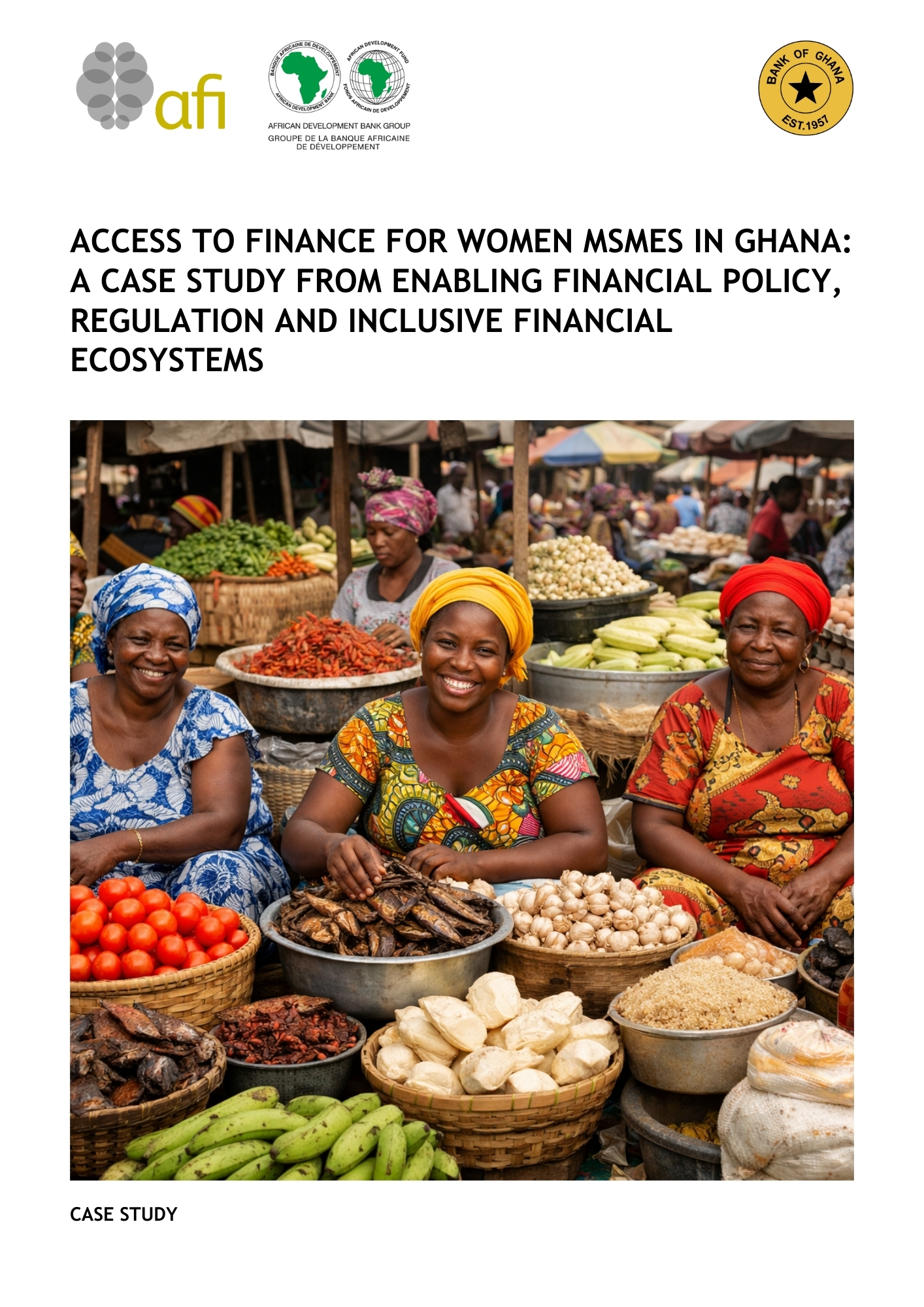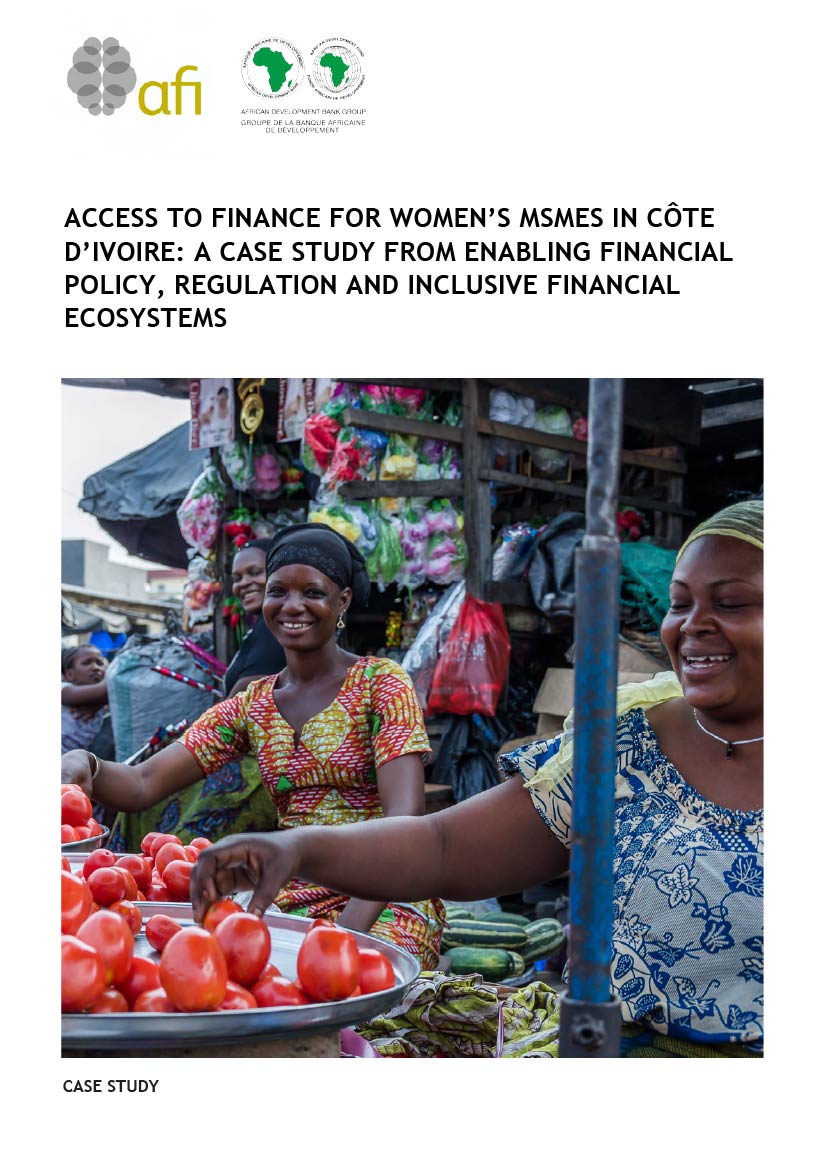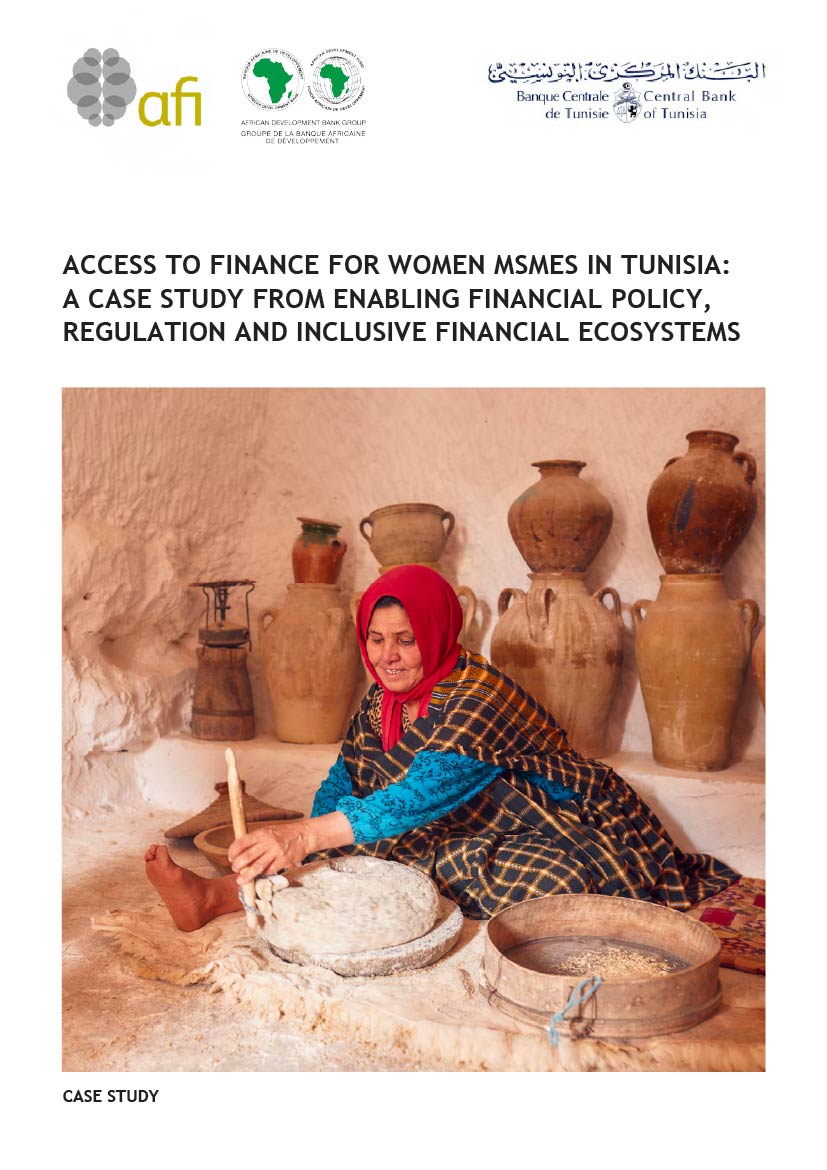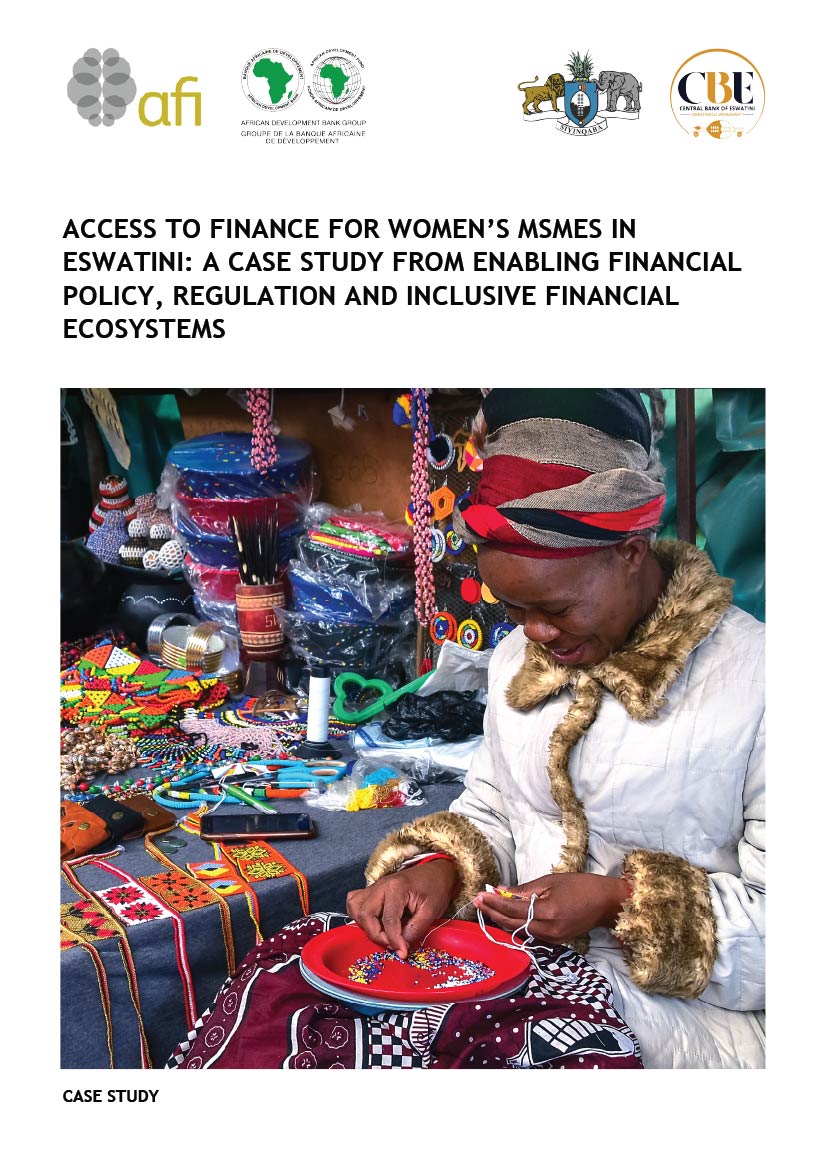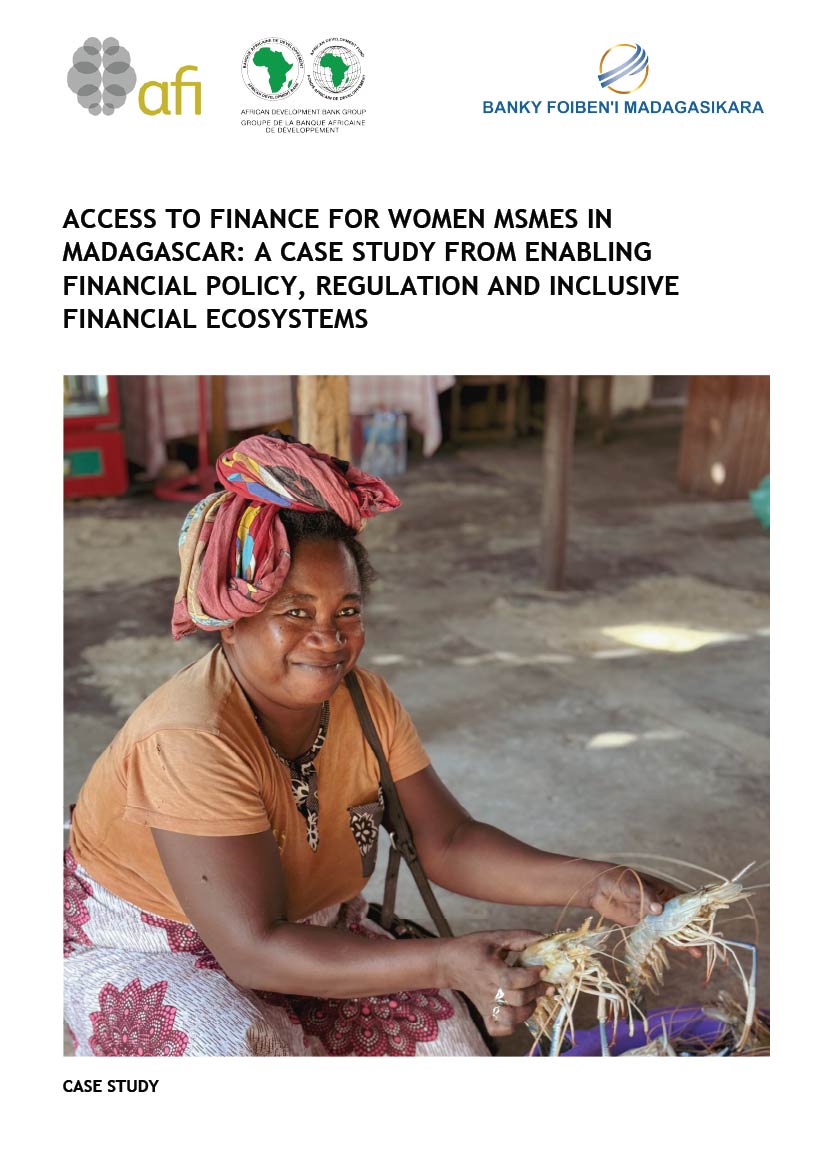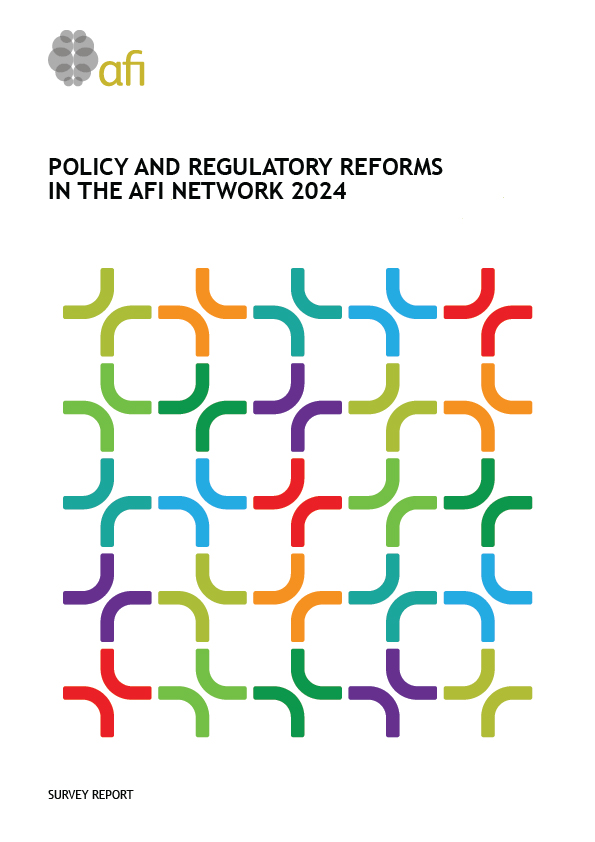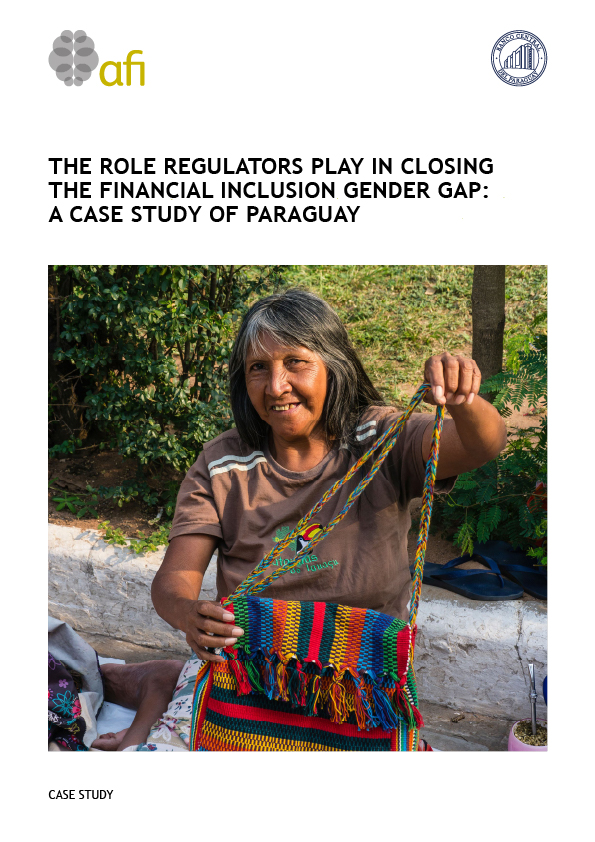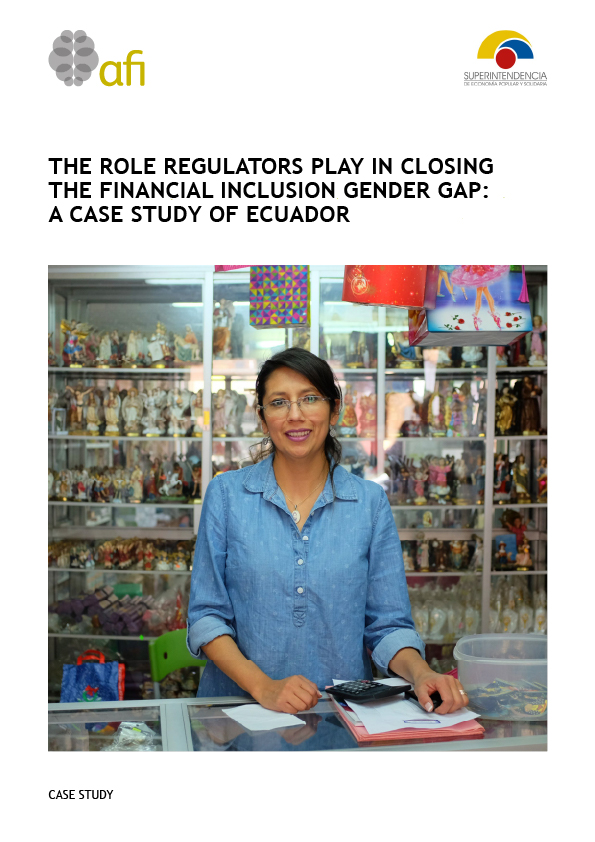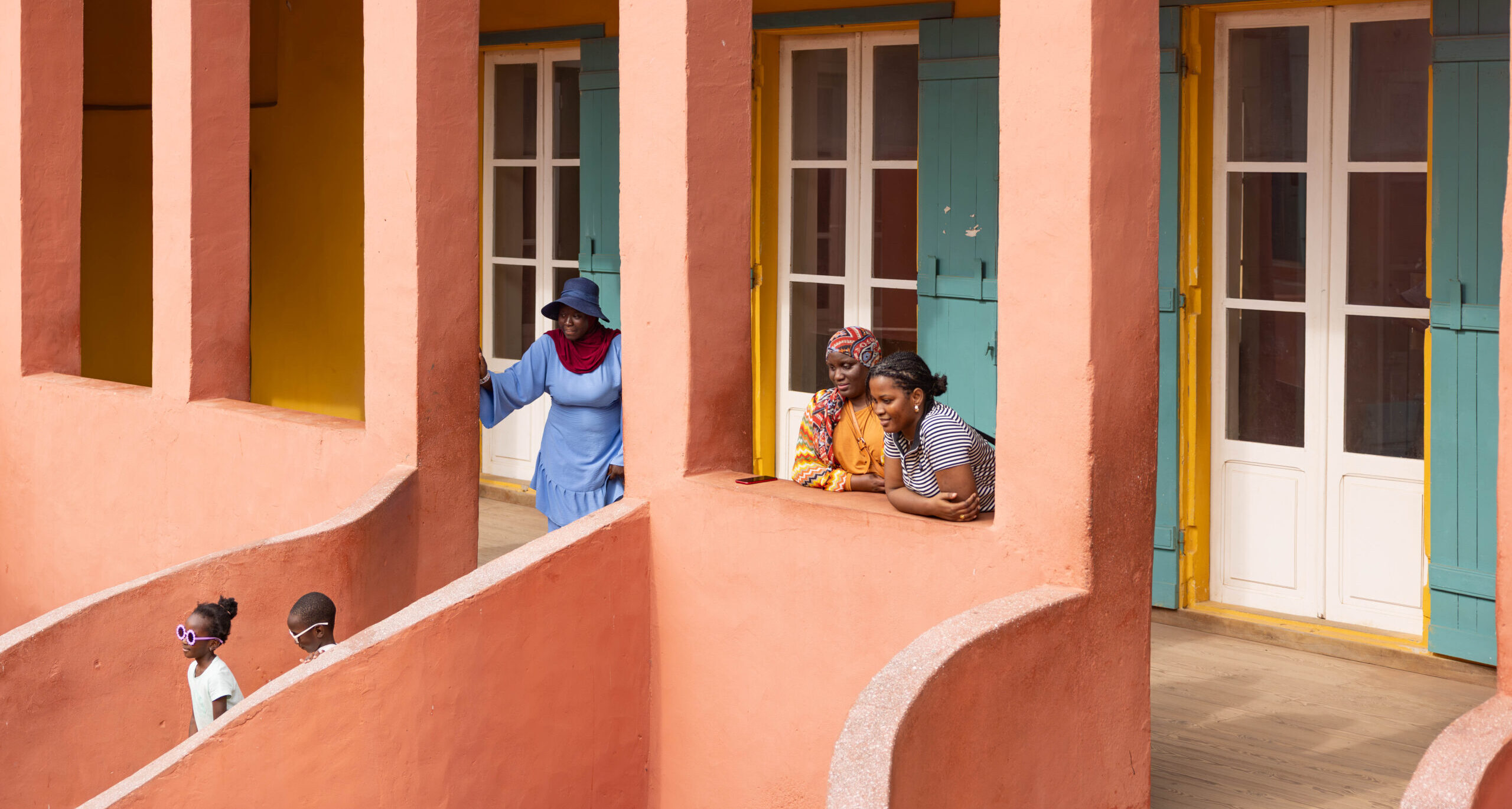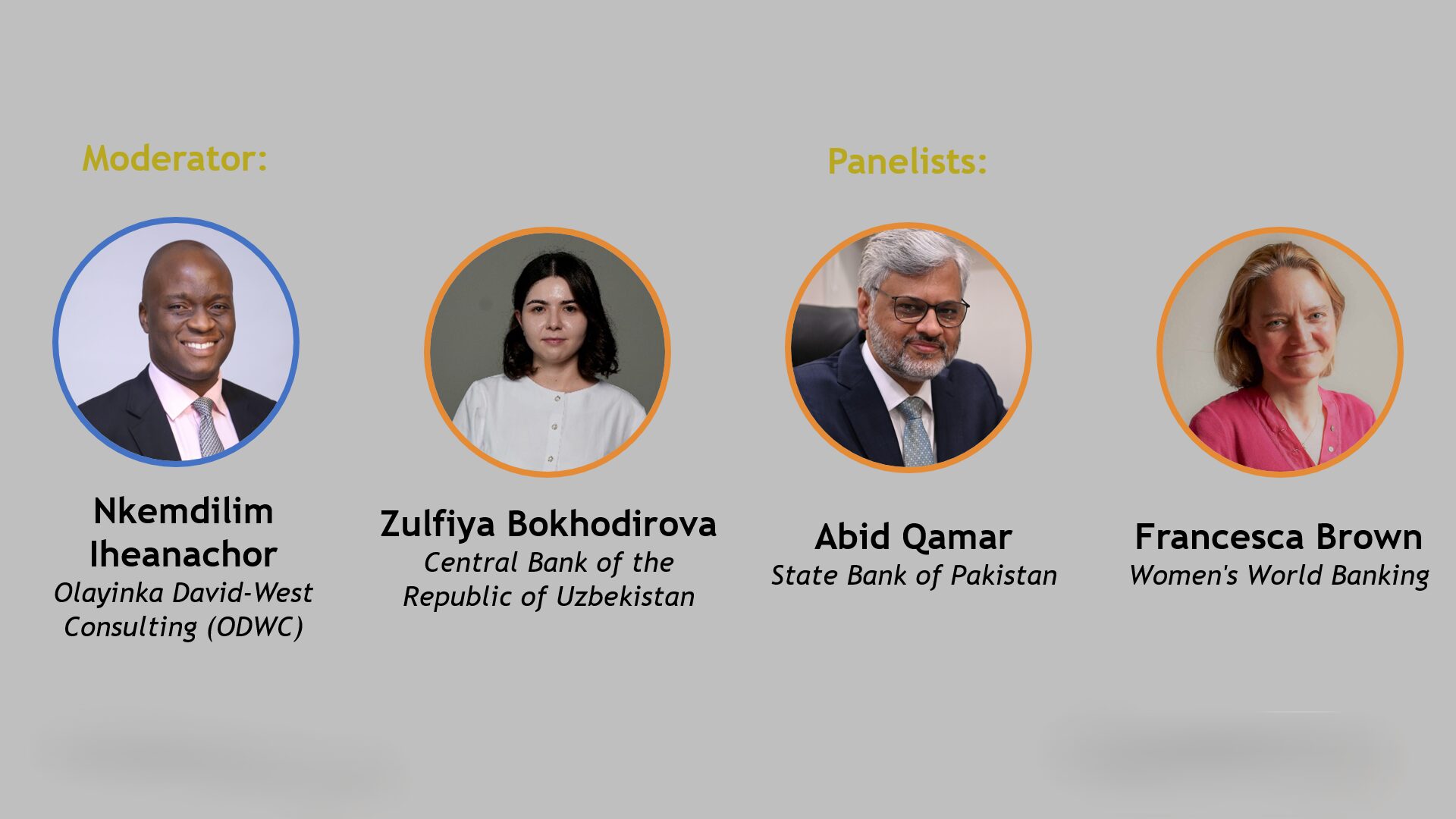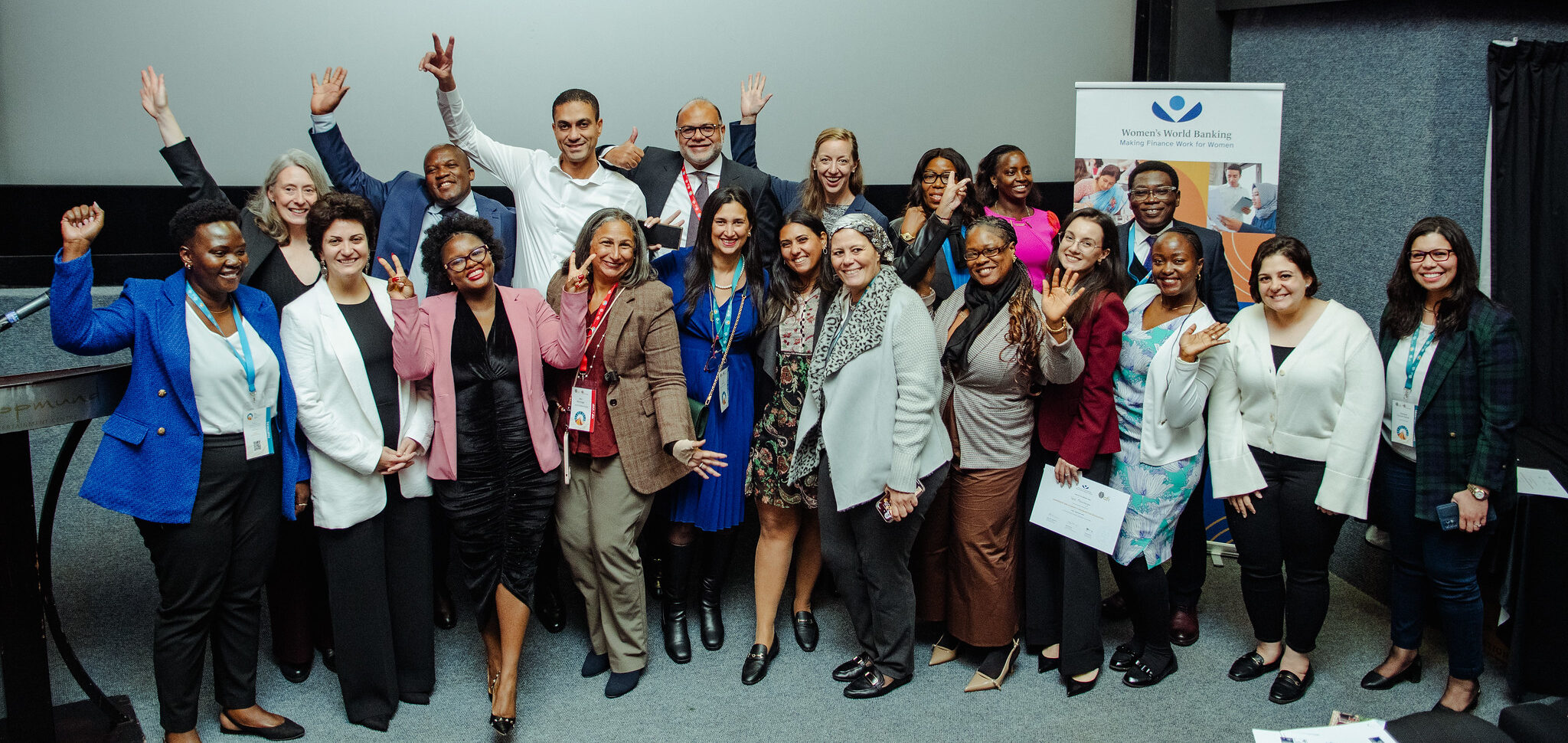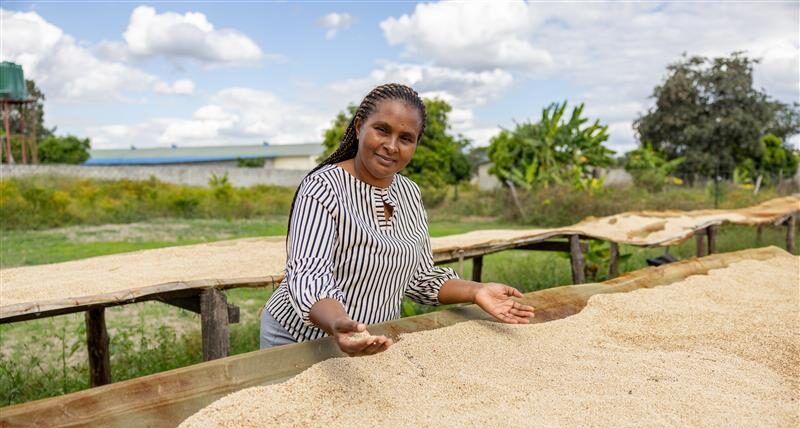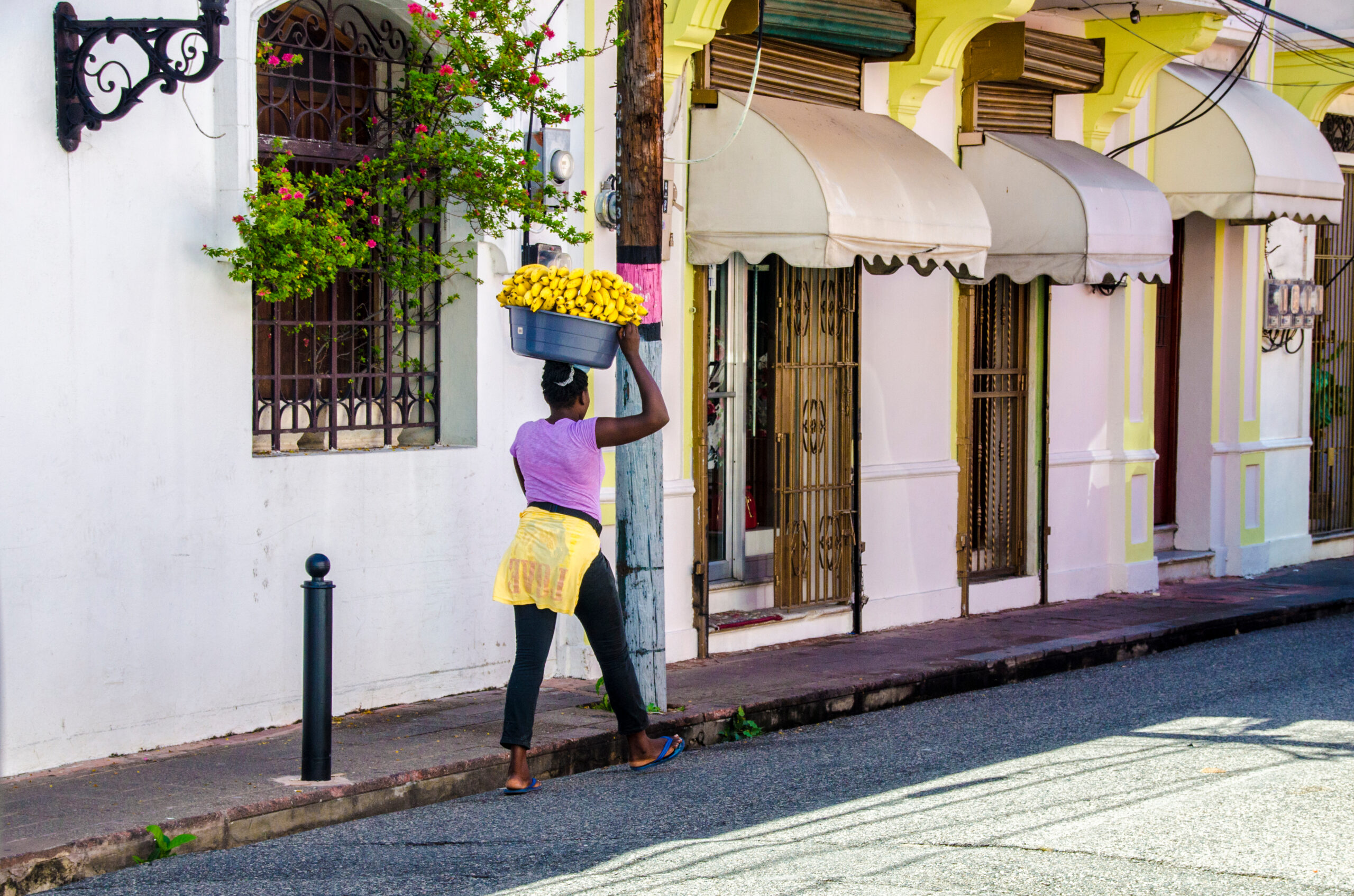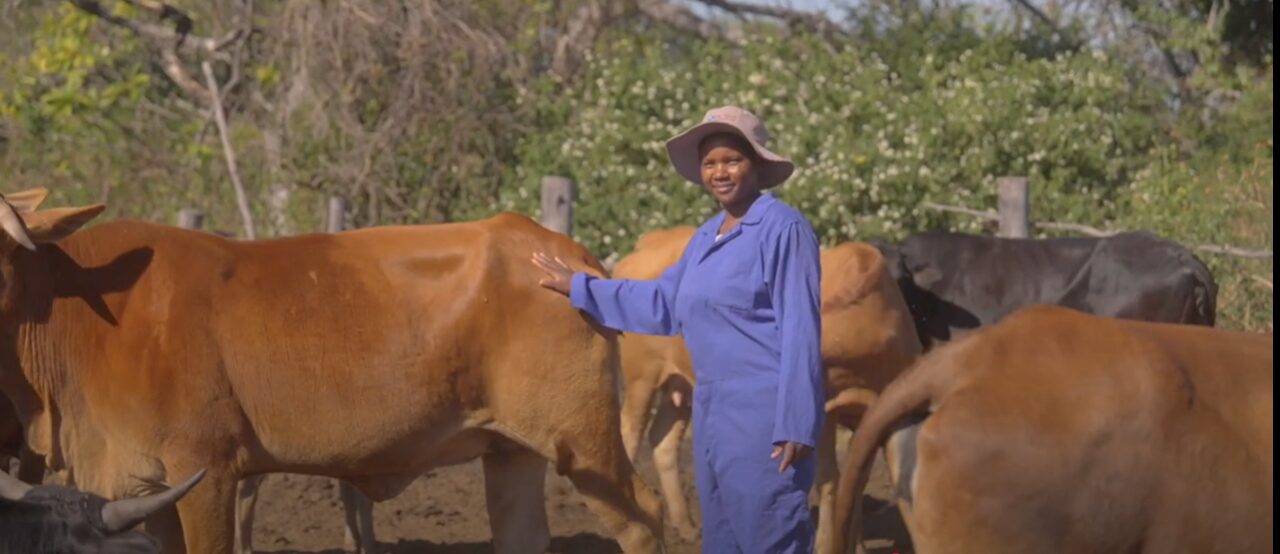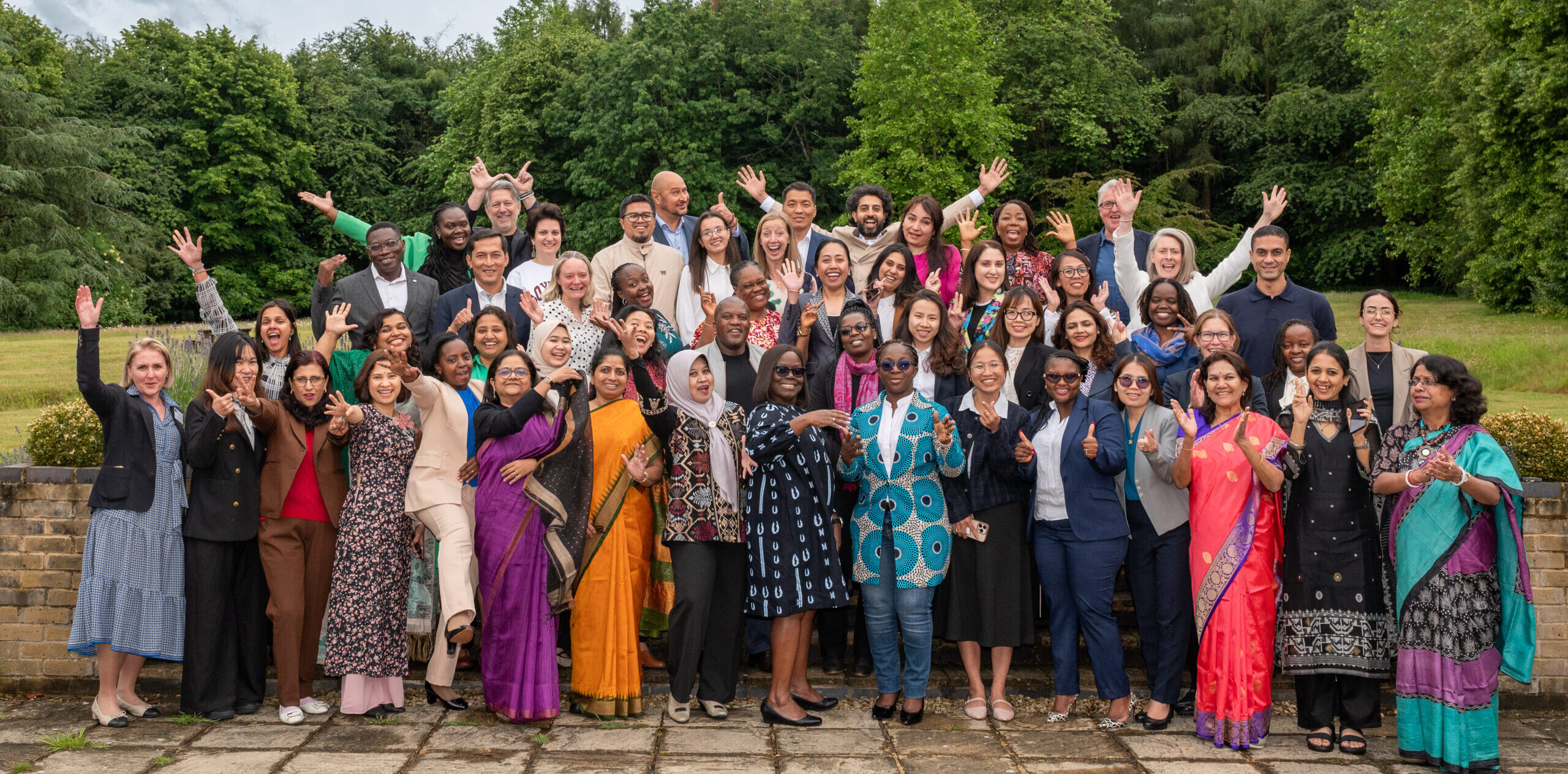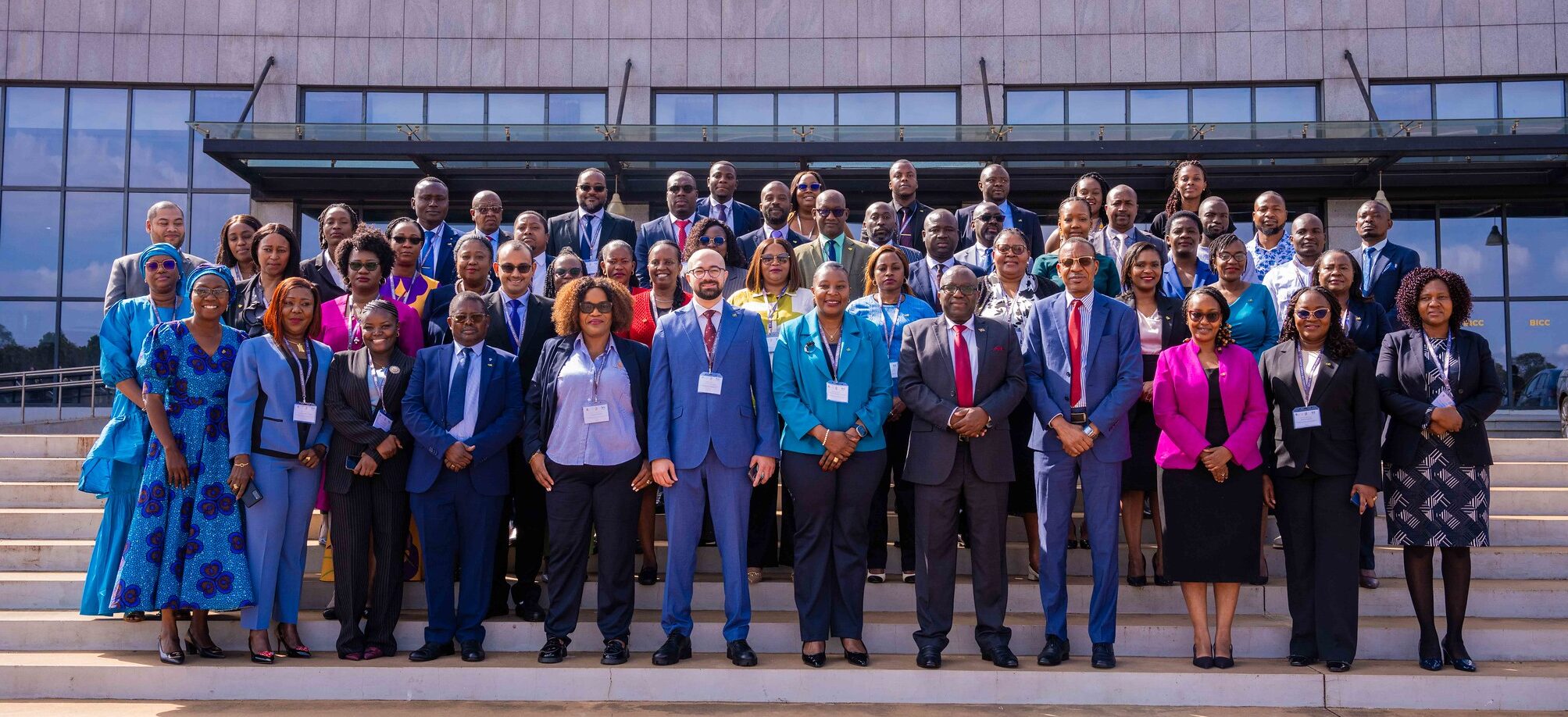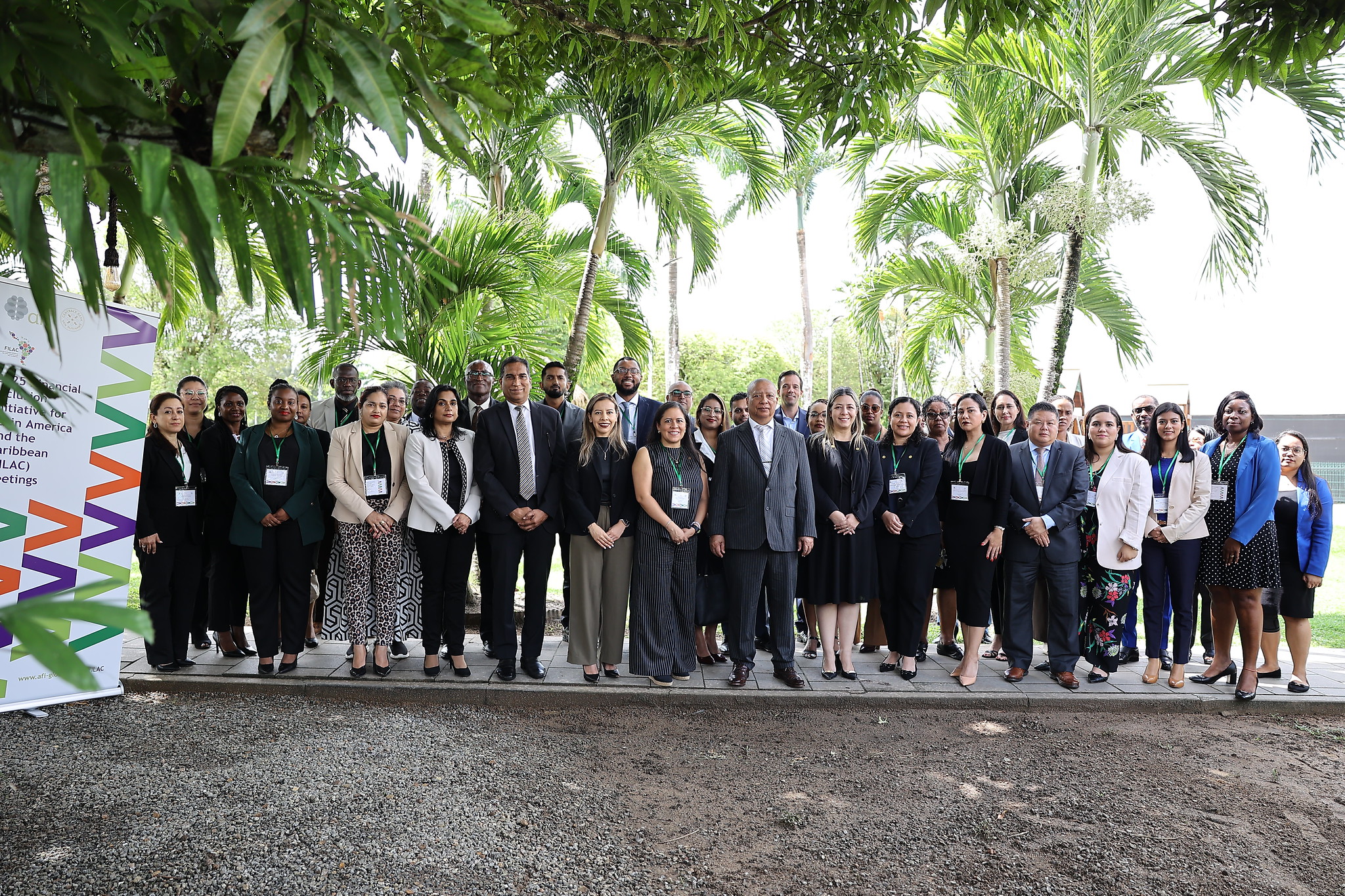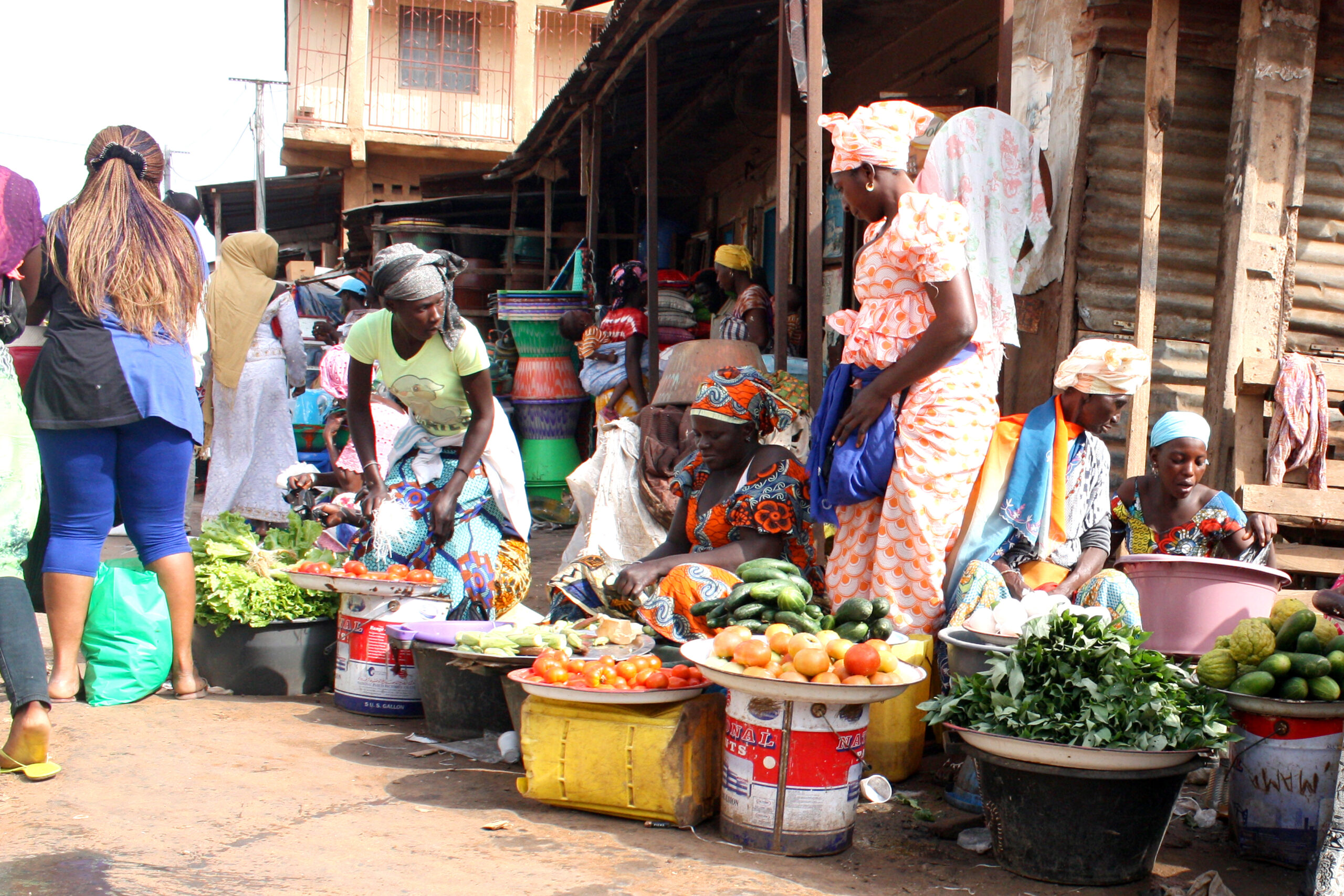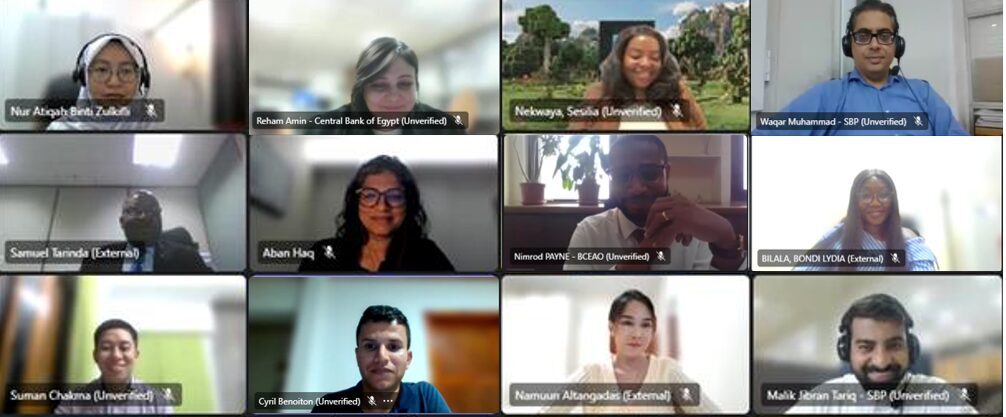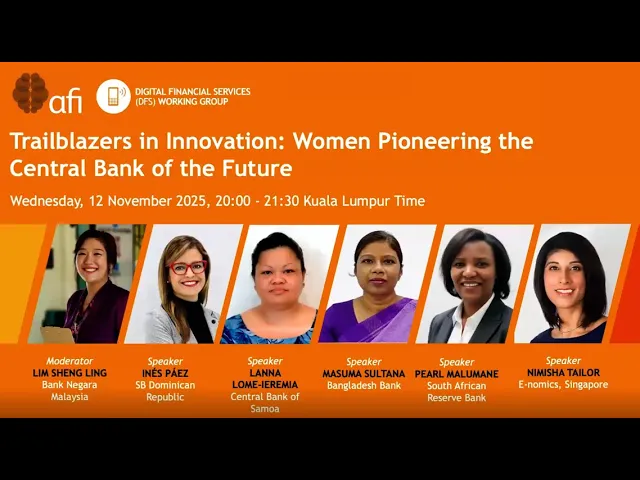Around the world, women continue to face significant barriers in accessing and using financial services. While the gender gap in access to financial services narrowed from 9% in 2011 to 6% in 2021, it remains significantly wider in many regions, leaving 745 million women financially excluded.
Investing in women’s financial inclusion makes sense. Increasing their economic participation speeds up development, helps overcome poverty, improves children’s health and nutrition, and boosts child education. Women own up to one third of small businesses in developing countries, and can be important drivers of economic growth and job creation.
Much work remains to be done to address structural inequalities that prevent women from accessing finance, and from achieving their full potential. These include legal, regulatory, societal, and cultural barriers that prevent women from registering businesses, owning land or property, or opening bank accounts.
Increasing women’s financial inclusion, and narrowing the gender gap through gender responsive financial policy and regulation, has been at the forefront of AFI’s policy discourse since members adopted the Denarau Action Plan (DAP) in 2016, committing themselves to addressing barriers, advancing gender inclusive finance, and promoting female leadership.
Through peer learning, knowledge products, and capacity-building initiatives, the AFI network has significantly expanded our understanding of how to develop and implement effective gender inclusive policy.
At the 2024 Global Policy Forum, AFI revealed its Gender Inclusive Finance Policy Model. For the first time, policymakers now have access to a framework, based on empirical evidence from around the world, that helps them to craft and implement effective policies.
Investing in women’s financial inclusion makes sense. Increasing their economic participation speeds up development, helps overcome poverty, improves children’s health and nutrition, and boosts child education. Women own up to one third of small businesses in developing countries, and can be important drivers of economic growth and job creation.
Much work remains to be done to address structural inequalities that prevent women from accessing finance, and from achieving their full potential. These include legal, regulatory, societal, and cultural barriers that prevent women from registering businesses, owning land or property, or opening bank accounts.
Increasing women’s financial inclusion, and narrowing the gender gap through gender responsive financial policy and regulation, has been at the forefront of AFI’s policy discourse since members adopted the Denarau Action Plan (DAP) in 2016, committing themselves to addressing barriers, advancing gender inclusive finance, and promoting female leadership.
Through peer learning, knowledge products, and capacity-building initiatives, the AFI network has significantly expanded our understanding of how to develop and implement effective gender inclusive policy.
At the 2024 Global Policy Forum, AFI revealed its Gender Inclusive Finance Policy Model. For the first time, policymakers now have access to a framework, based on empirical evidence from around the world, that helps them to craft and implement effective policies.

Gender Inclusive Finance Committee
2025 Gender Inclusive Finance Ambassador Institutions
Latest Publications
Latest insights

